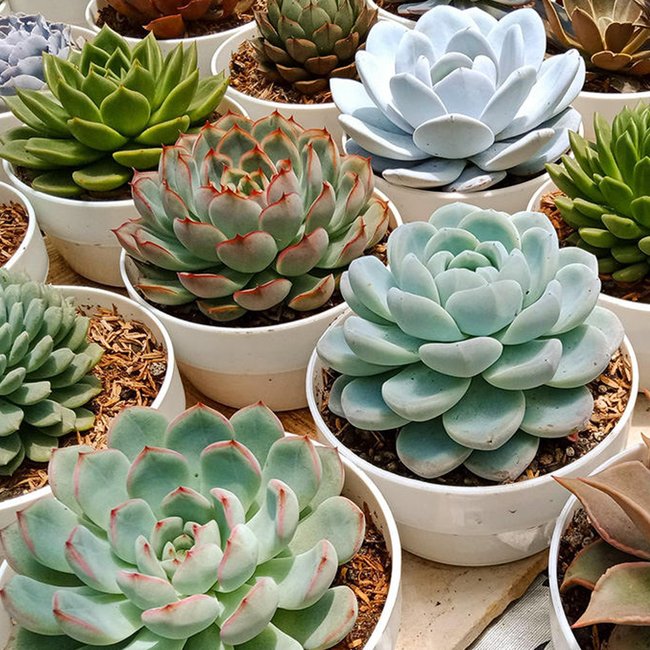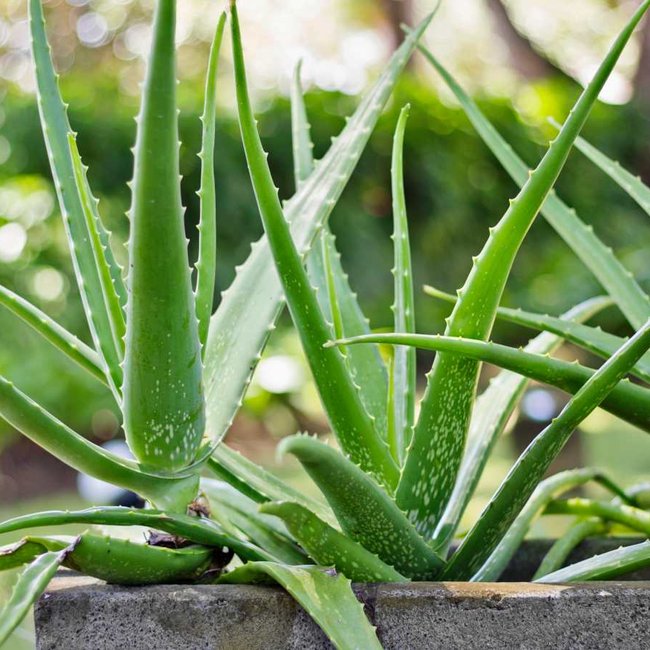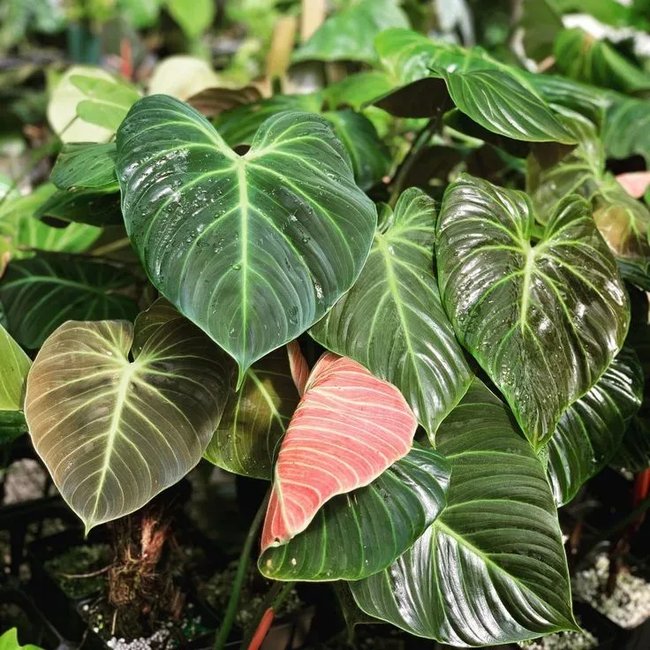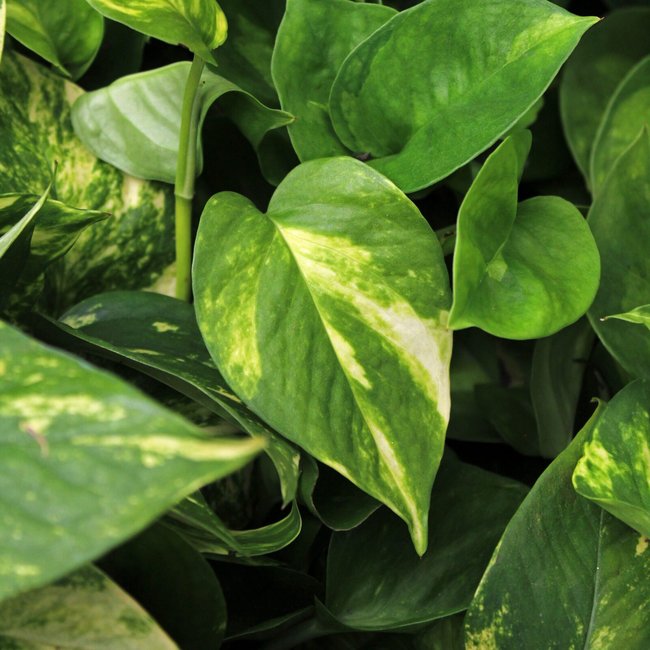Brussels sprouts
Brussels sprouts are a type of cruciferous vegetable that are related to cabbage and broccoli. They are known for their small, round shape and bitter flavor.
Classification and Taxonomy
The scientific name of Brussels sprouts is Brassica oleracea, and they are part of the Brassicaceae family.
Description and Characteristics
Brussels sprouts are small, round vegetables that grow in clusters on a tall stalk. They range in color from dark green to purple, and have a bitter flavor.
Distribution and Habitat
Brussels sprouts are native to Europe, and are grown in many parts of the world. They prefer cool temperatures and moist soil.
Ecology and Reproduction
Brussels sprouts are pollinated by bees and other insects. They are self-fertile, and produce small yellow flowers that eventually turn into the small sprouts.
Uses and Economic Importance
Brussels sprouts are eaten both raw and cooked, and are often used in salads and stir-fries. They are also a good source of vitamins and minerals, and are a popular vegetable in many countries.
Conservation Status
Brussels sprouts are not considered to be threatened or endangered.
-
What are Brussels sprouts?
Brussels sprouts are small, leafy green vegetables that belong to the Brassica family of vegetables. They are closely related to other vegetables such as broccoli, cauliflower, and cabbage. Brussels sprouts are typically grown for their edible buds, which grow in a spiral pattern on the stem of the plant. They have a slightly bitter and nutty flavor, and when cooked properly, they can be a delicious and nutritious addition to any meal.
-
How do you cook Brussels sprouts?
There are many ways to cook Brussels sprouts, including roasting, sautéing, boiling, and steaming. To roast Brussels sprouts, simply toss them with olive oil, salt, and pepper, and roast in the oven at 400°F for 20-30 minutes until crispy and golden brown. To sauté Brussels sprouts, heat some olive oil in a skillet over medium-high heat, add the Brussels sprouts, and cook for 8-10 minutes until lightly browned and tender. To boil Brussels sprouts, bring a pot of water to a boil, add the Brussels sprouts, and cook for 8-10 minutes until tender. To steam Brussels sprouts, place them in a steamer basket over boiling water and cook for 6-8 minutes until tender.
-
What are the health benefits of Brussels sprouts?
Brussels sprouts are packed with nutrients and are considered to be a superfood. They are an excellent source of vitamin C, vitamin K, and vitamin A, as well as dietary fiber, potassium, and iron. Brussels sprouts are also rich in antioxidants, which can help to protect your cells from damage caused by free radicals. Eating Brussels sprouts regularly may help to reduce inflammation, improve digestion, and support healthy immune function.
-
How do you store Brussels sprouts?
To store Brussels sprouts, simply place them in a plastic bag and store them in the refrigerator. They will stay fresh for up to a week when stored properly. If you have leftover cooked Brussels sprouts, store them in an airtight container in the refrigerator and consume within 3-4 days.
-
How do you grow Brussels sprouts?
Brussels sprouts are cool-weather vegetables and are typically grown as a fall or winter crop. They require full sun and well-drained soil with a pH between 6.0 and 7.5. Brussels sprouts are best started from seed indoors 6-8 weeks before the last frost date in your area. Transplant the seedlings outdoors once they have grown to about 4 inches tall and the soil has warmed up. Space the seedlings about 18-24 inches apart and keep the soil evenly moist. Brussels sprouts take about 3-5 months to mature and are ready for harvest when the sprouts are firm and about 1-2 inches in diameter.
-
Can you freeze Brussels sprouts?
Yes, you can freeze Brussels sprouts for later use. To freeze Brussels sprouts, first, wash and trim the sprouts, removing any yellow or damaged leaves. Next, blanch the Brussels sprouts in boiling water for 3-5 minutes, then immediately transfer them to an ice bath to stop the cooking process. Once cooled, drain the Brussels sprouts and pat them dry with a paper towel. Place the sprouts in a single layer on a baking sheet and freeze for 1-2 hours, then transfer them to a freezer-safe container or bag. Brussels sprouts can be frozen for up to 8 months. When ready to use, simply thaw the Brussels sprouts in the refrigerator overnight, then cook them as desired.
10 Fun Facts About
1. The world's largest Brussels sprout was measured at 3.97 inches in diameter. 2. The oldest Brussels sprouts recipe dates back to the 16th century. 3. Brussels sprouts are a good source of vitamin C and fiber. 4. The average Brussels sprouts plant can produce up to 40 sprouts. 5. They are sometimes referred to as "mini cabbages". 6. The name "Brussels sprouts" comes from the city of Brussels in Belgium. 7. They are believed to have originated in ancient Rome. 8. The oldest known Brussels sprouts were discovered in a 2000-year-old Roman ruin. 9. The average person in the United States eats about 1.3 pounds of Brussels sprouts per year. 10. The record for the fastest time to eat one pound of Brussels sprouts is 1 minute and 35 seconds.
Pun
What do you call a Brussels sprout that's been left out too long? A Brussels sprout-dated.
Similar To
Cabbage, Broccoli, Kale, Radish Keywords: Brussels sprouts, Brassica oleracea, cruciferous vegetable, Brassicaceae family, dark green, purple, bitter flavor, Europe, cool temperatures, moist soil, pollinated, yellow flowers, salads, stir-fries, vitamins, minerals, mini cabbages, ancient Rome.








